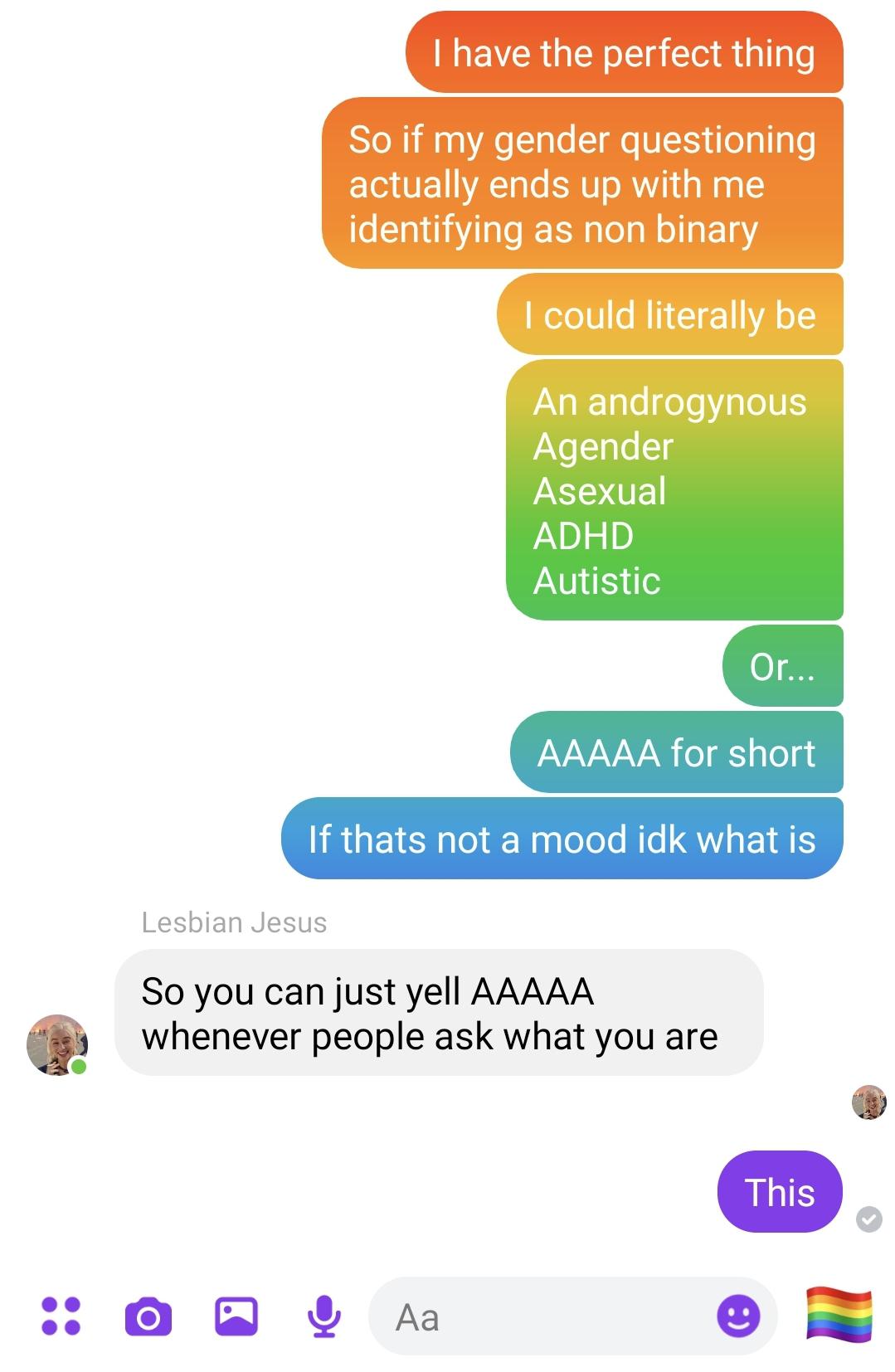Reduced Game Development Budgets: Accessibility Features At Risk

Table of Contents
The Rising Cost of Accessibility Features
Implementing accessibility features isn't simply a matter of adding a few subtitles; it requires significant investment of time, resources, and specialized expertise. Consider the range of features needed for truly inclusive gaming: subtitle options with customizable fonts and sizes, colorblind modes that adjust color palettes for optimal visibility, comprehensive controller remapping for players with limited dexterity, alternative input methods like eye-tracking or voice control, and much more.
Developing these features effectively demands considerable resources:
- Increased development time for testing and iteration: Accessibility features require rigorous testing to ensure functionality across diverse hardware and software configurations. This adds significantly to the overall development timeline.
- Need for specialized accessibility consultants: Ensuring inclusivity often necessitates engaging experts in accessibility design and user experience (UX) for players with disabilities. Their expertise is crucial for creating effective and user-friendly solutions.
- Additional QA testing to ensure functionality: Thorough quality assurance (QA) testing is essential to identify and fix bugs that might impact accessibility. This adds to the overall testing burden and cost.
- Potential for higher licensing fees for specific accessibility technologies: Some advanced accessibility technologies, like eye-tracking software, require licensing agreements which can increase development costs.
Budgetary Pressures and Feature Prioritization
The harsh reality is that limited game development budgets often force developers to make difficult choices about feature prioritization. Core gameplay mechanics usually take precedence, leaving accessibility features vulnerable to cuts or delays. This is especially true in shorter development cycles where time is a critical constraint.
The pressure to deliver a successful product within budgetary limitations significantly impacts accessibility:
- Marketing and sales targets often supersede accessibility goals: The focus on achieving sales projections can overshadow the importance of inclusivity.
- Pressure to meet deadlines frequently leads to compromises: Time constraints can force developers to sacrifice accessibility features to meet launch dates.
- Limited testing budgets mean fewer accessibility checks: Reduced QA budgets often translate to less thorough testing of accessibility features, potentially leaving critical bugs undiscovered.
- Smaller indie studios are particularly vulnerable: Smaller development teams with limited resources are disproportionately affected by budget constraints, often making accessibility a lower priority.
The Business Case for Accessible Game Design
Despite the challenges, prioritizing accessibility is not only ethically sound but also makes strong business sense. The gaming community includes a vast and underserved market of gamers with disabilities. By creating inclusive games, developers can tap into this significant player base, leading to:
- Reaching a wider audience increases revenue potential: Expanding the potential player base directly translates into higher sales and revenue.
- Improved brand image and positive media coverage: Demonstrating a commitment to inclusivity generates positive media attention and enhances brand reputation.
- Increased player engagement and satisfaction: Accessible games foster a more inclusive and welcoming community, leading to increased player satisfaction and engagement.
- Meeting legal requirements in some regions: In certain regions, accessibility standards are becoming legally mandated, making inclusivity a regulatory necessity.
Strategies for Balancing Budgets and Accessibility
While budget constraints are a reality, developers can implement strategies to integrate accessibility effectively without breaking the bank:
- Utilizing open-source accessibility tools: Leveraging free and open-source tools can significantly reduce development costs.
- Collaborating with accessibility experts early in development: Early integration of accessibility expertise helps streamline the design process and prevents costly last-minute additions.
- Prioritizing features with the highest impact and broadest reach: Focusing on features that benefit the largest number of players with disabilities can maximize the impact within budget limitations.
- Seeking grants and funding specifically for accessibility initiatives: Several organizations offer grants and funding to support accessibility in game development.
Conclusion: The Future of Accessibility in Game Development
Balancing reduced game development budgets with the crucial need for accessibility features presents a significant challenge. However, the business case for inclusive game design is compelling, offering both financial rewards and positive social impact. By prioritizing accessibility early in the development process, utilizing cost-effective strategies, and advocating for increased funding, developers can create truly inclusive gaming experiences. We urge developers to actively consider managing reduced game development budgets while prioritizing accessibility, and to explore resources and best practices for balancing budgets and accessibility features in game development. Learn more about accessible game design and help advocate for increased support for inclusive gaming. Let's work together to create a more accessible and enjoyable gaming world for everyone.

Featured Posts
-
 Englands Xi For Zimbabwe Test Revealed
May 23, 2025
Englands Xi For Zimbabwe Test Revealed
May 23, 2025 -
 Currans Prediction A Difficult Bd Process Ahead
May 23, 2025
Currans Prediction A Difficult Bd Process Ahead
May 23, 2025 -
 Box Office Battle Brewing Stitchpossibles Weekend Performance Hints At A Record Breaking 2025 Showdown
May 23, 2025
Box Office Battle Brewing Stitchpossibles Weekend Performance Hints At A Record Breaking 2025 Showdown
May 23, 2025 -
 23 Entradas Dobles Lista De Ganadores Del Sorteo Cb Gran Canaria Unicaja
May 23, 2025
23 Entradas Dobles Lista De Ganadores Del Sorteo Cb Gran Canaria Unicaja
May 23, 2025 -
 Posthaste Trouble Brewing In The Global Bond Market
May 23, 2025
Posthaste Trouble Brewing In The Global Bond Market
May 23, 2025
Latest Posts
-
 Review Jonathan Groffs Just In Time A Captivating Bobby Darin Tribute
May 23, 2025
Review Jonathan Groffs Just In Time A Captivating Bobby Darin Tribute
May 23, 2025 -
 Jonathan Groffs Just In Time A 1965 Style Party On Stage
May 23, 2025
Jonathan Groffs Just In Time A 1965 Style Party On Stage
May 23, 2025 -
 Just In Time Review Jonathan Groff Shines In A Stellar Bobby Darin Musical
May 23, 2025
Just In Time Review Jonathan Groff Shines In A Stellar Bobby Darin Musical
May 23, 2025 -
 Jonathan Groffs Just In Time Performance Exploring The Artistic Process And Raw Talent
May 23, 2025
Jonathan Groffs Just In Time Performance Exploring The Artistic Process And Raw Talent
May 23, 2025 -
 Jonathan Groffs Past An Open Conversation About Asexuality
May 23, 2025
Jonathan Groffs Past An Open Conversation About Asexuality
May 23, 2025
